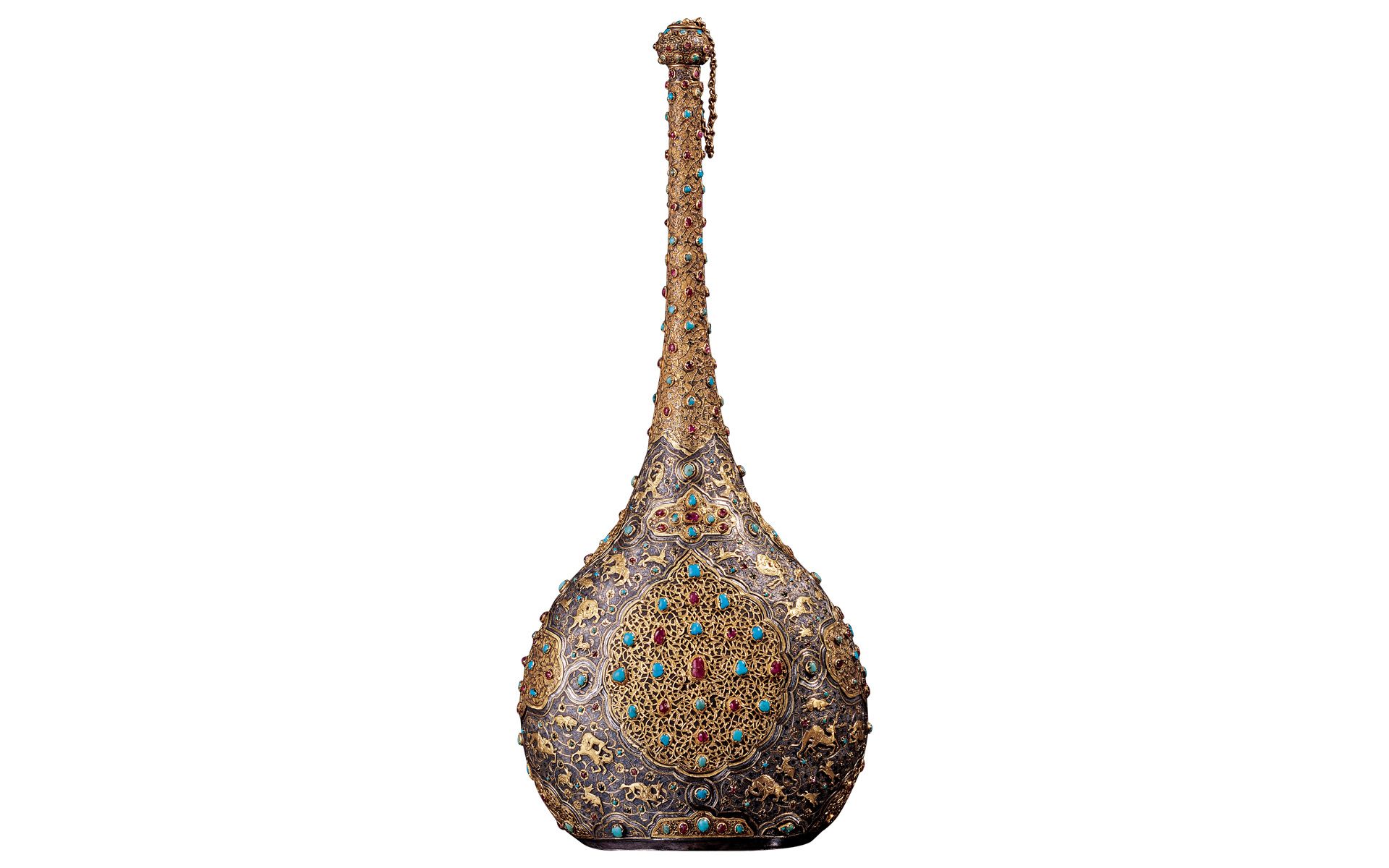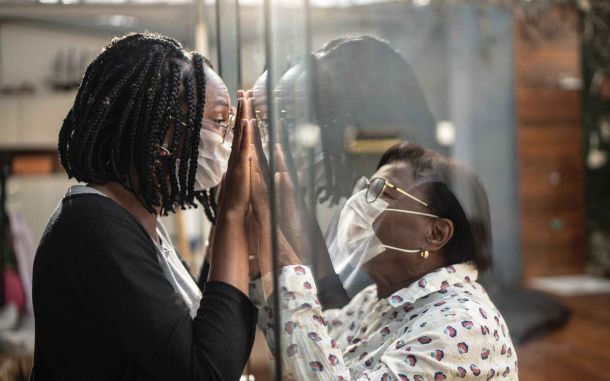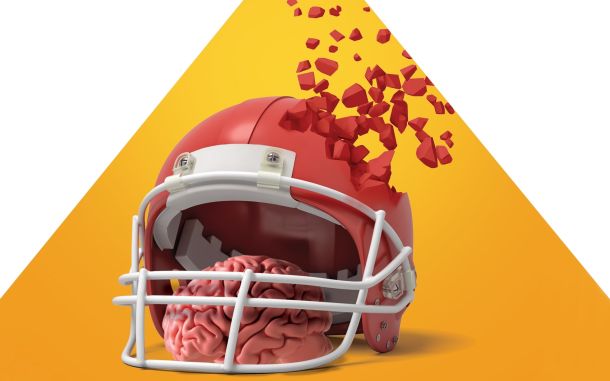Editorial: Bracing Collectively for A.I.

One of the newsworthy events of recent weeks was when Dr. Geoffrey Hinton resigned from Google, which happened as this issue of The Fountain was about to be released. Since his resignation, Dr. Hinton has been warning about the potential dangers A.I. may pose, including outsmarting human beings and growing out of control.
Dr. Hinton is not an ordinary scientist; the N. Y. Times described him as “the Godfather of A.I.,” for he pioneered an idea called the “neural network,” by which he referred to a skill-learning mathematical system back in the 1970s. He was able to develop this network with two of his students in 2012. Google’s acquisition of his company led to the introduction of chatbots, which have been fascinating the world since their initial release in November 2022.
Dr. Hinton is not alone in his concerns. On March 22, 2023, more than a thousand technology leaders and researchers signed a letter urging a moratorium on giant A.I. experiments for six months. Earlier than that, on January 10, 2023, Jewish, Christian, and Muslim scholars met with corporate leaders in the Vatican to discuss the ethics of A.I. Organized by RenAIssance Foundation, participants brought their religious perspectives on how to navigate this breakthrough in our lives. Binazir Sankibayeva covered this conference for The Fountain.
Dealing with uncertainties (some of which may result from new developments like A.I.) and developing wholesome policies for our society demand “Collective Consciousness.” As described in the lead article, bringing about positive change and reform requires acting collectively, albeit not with a mob psychology. For in the latter, individuals are likely to follow others without proper self-control and a sober mind. In “collective consciousness,” judgment and caution are at the center, and people act with reason rather than emotion and excitement.
Collective consciousness can be achieved when certain leaders come forward to raise that consciousness in society. One such leader is Fr. Thomas Michel, a pioneer of interfaith dialogue among Christians and Muslims now for almost half a century. Engin Yigit interviewed Fr. Michel in Thailand, where he continues to serve in a school, educating young men and women. Yigit gives a comprehensive snapshot of this man of faith who has devoted his life to promoting dialogue and eliminating bias between Muslims and Christians.
Eliminating bias between Muslims and Christians, as Fr. Michel has been doing, is not a choice, but a necessity, for these two major faith traditions have been so intertwined that much of this world has been shaped by both. Lawrence Brazier attests to this truth by sharing with us what he saw and read about parts of Eastern Europe, where minarets mark the skyline and the Islamic call to prayer echoes in the mountains.








